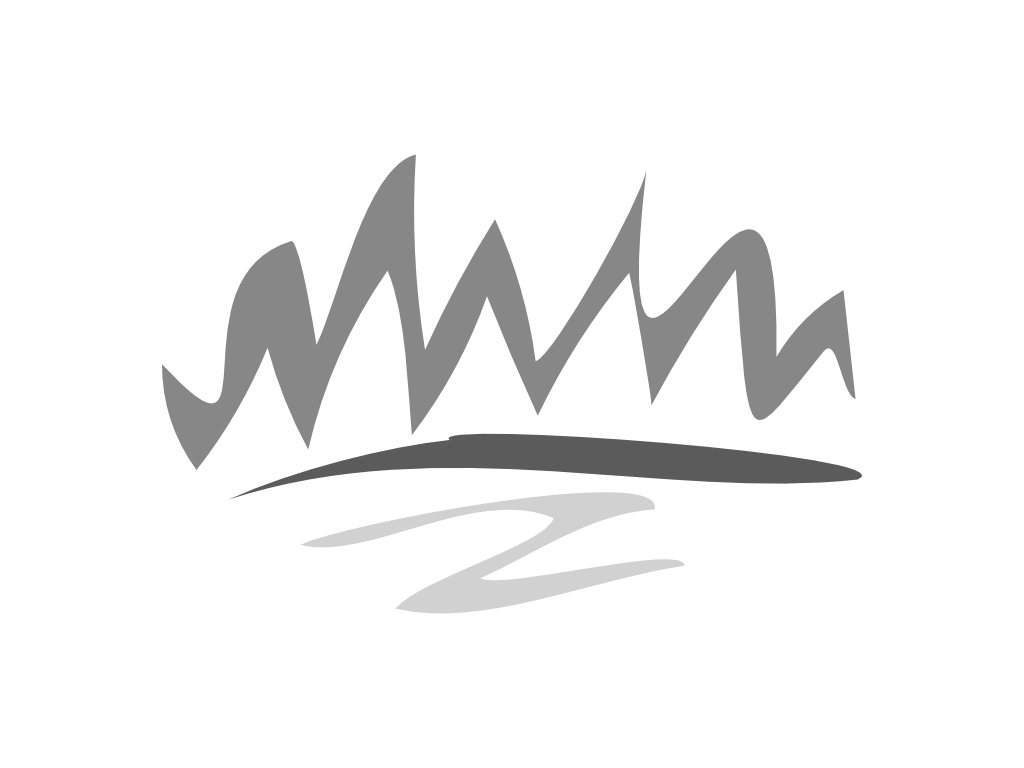
Special Investigation Finds No Environmental Damage from Weyerhaeuser’s New Windthrow Strategy
VICTORIA – Weyerhaeuser’s operations on the southwest coast of Vancouver Island adopted a science-based approach to windthrow management which maintained environmental and forest values, the Forest Practices Board reported today.
The board’s special investigation report, entitled Windthrow on West Island TimberLands, examined forest practices south of Port Alberni in the Franklin operating area of Weyerhaeuser Company Limited’s Tree Farm Licence 44. This special investigation was initiated to examine concerns identified during a previous board investigation of a complaint about windthrow management in TFL 44.
Trees blown down by wind are known as ‘windthrow’ and forest companies often include provisions to manage windthrow in their logging plans. In the late 1990s, the licensee changed its approach from trying to minimize windthrow to limiting the consequences of windthrow in order to avoid any anticipated environmental damage. This new approach was in keeping with the latest environmental science and included ongoing field studies to allow for continuous improvement of windthrow management.
“The licensee’s innovative approach to windthrow is based on the best science and could be used as a model for other operators,” said board chair Bruce Fraser. “Despite substantive windthrow, all of the objectives in the licensee’s forest harvesting plans appear to have been achieved.”
Following discussions with the Ministry of Forests, the licensee implemented this new approach, which involved a substantial reduction in windthrow treatments, before its amended plans were approved by the district manager. When the deadline for the windthrow treatments specified in the approved plans expired, the licensee was in procedural violation of the Forest Practices Code. This situation occurred in over half of the cutblocks surveyed.
“The non-compliance was procedural in nature and our field work found no evidence of environmental damage resulting from the new approach adopted by the licensee,” said Fraser.
The report also found that the Ministry of Forests enforced the code appropriately with respect to the licensee’s windthrow management, but suggested that inspections be conducted in a more timely and thorough manner, to help ensure early detection of windthrow management problems.
The Forest Practices Board is an independent public watchdog that reports to the public about compliance with the Forest Practices Code and the achievement of its intent. The board’s mandate has been retained under the new Forest and Range Practices Act (FRPA). The board’s main roles under FRPA are:
-30-
Erik Kaye
Communications
Forest Practices Board
Phone: 250 356-1586 / 1 800 994-5899
